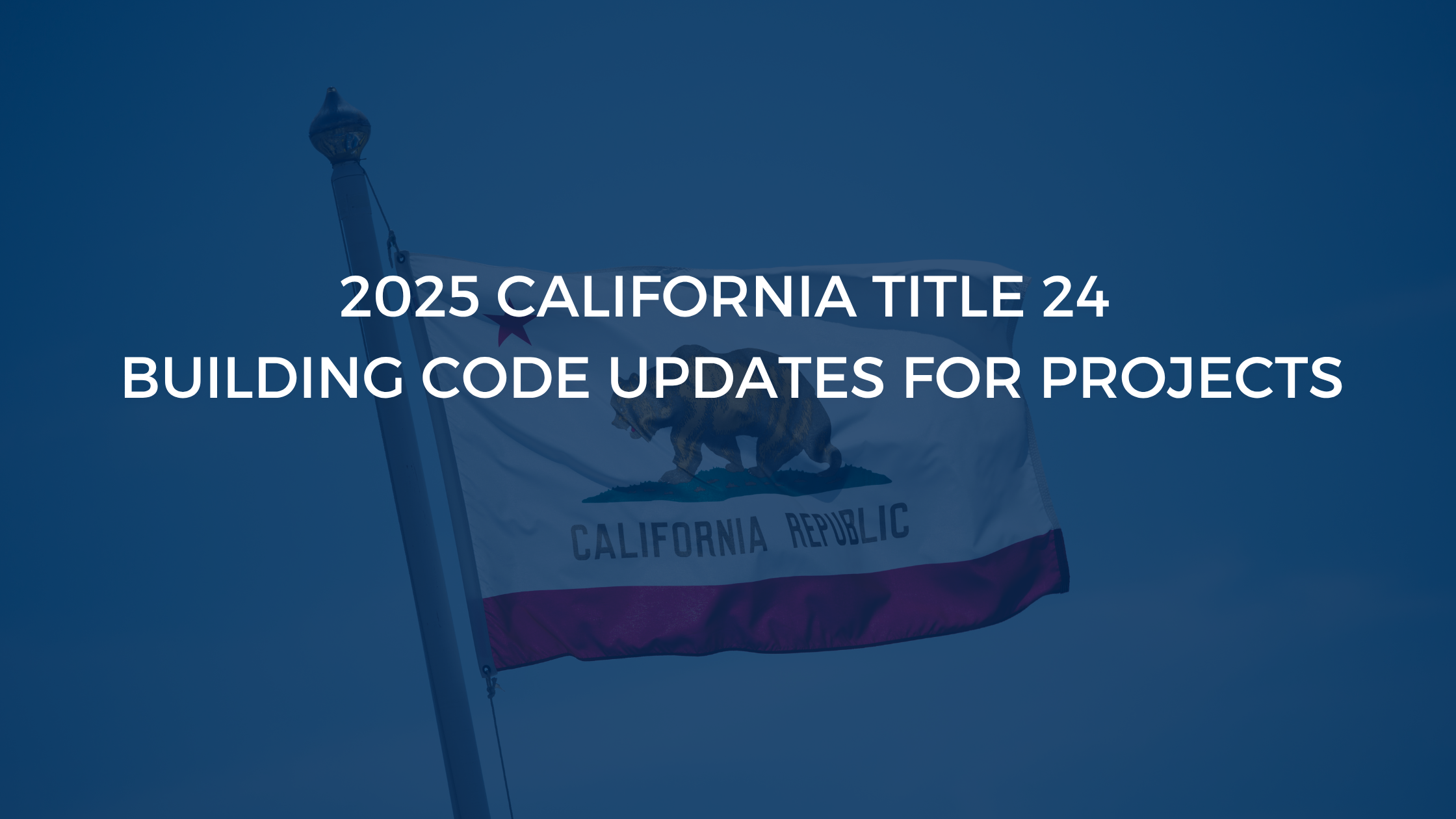Looking to obtain a Temporary Certificate of Occupancy (TCO) or a Final Certificate of Occupancy (FCO) through the New York City Department of Building (DOB)’s new system in DOB NOW: Build? We're here for you.
Below we break down how building occupancy data is being migrated from the BIS into the DOB NOW: Build system, the new Job-Level Schedule of Occupancy (JSO) and BIN-Level Schedule of Occupancy (BSO) documents, and the potential impact of these changes on project schedules.
Background on the DOB's new TCO process
On March 1, 2021, the DOB launched a major expansion to DOB NOW: Build focused on the FCO/TCO process which replaced the legacy process of paper-based submittals.
One of the major changes involves migrating the Schedule A (on legacy projects) to what is now called the Job-Level Schedule of Occupancy (JSO). All the JSO’s on a given building will roll up to the buildings’ newly created BIN Level Schedule of Occupancy (BSO).
The BIN-Level Schedule of Occupancy (BSO) is an active digital data file, like a repository, that lists a building’s prior use and occupancy records.
The DOB is requiring building owners and filing representatives to migrate the information that exists on the building’s prior occupancy details from the BIS into DOB NOW: Build by imputing data into their platform. As with most data migration initiatives, the process has been challenging, time-consuming, and sometimes by trial-and-error.
After uploading the building’s occupancy use data, a plan examiner is assigned to review the data and either approve or reject the submitted data. If rejected, uploads are needed and the cycle restarts. Once approved, the BSO is then used to generate future TCO’s and FCO’s. It is important to note here that a TCO cannot be issued before a BSO is approved.
Challenges
The new DOB NOW system is currently designed to allow only one TCO to proceed at a time. Like a train on a single track, if there is an issue or delay with a TCO project that is ahead of another, it will directly impact all subsequent TCO requests in that building.
Below is the DOB’s most recent update (for the week up to 10/19/21) on their approval timelines:
10/19/21 Schedule of Occupancy Service Levels (first review by Plan Examiner):

10/19/21 Current Certificate of Occupancy Service Levels (first review by Project Advocate):

After Project Advocate review is complete, review by a Borough Commissioner and Quality Assurance (QA) Admin is usually completed within 2 to 4 business days.
TCO Renewals without change are processed on average within 2 business days.
Solutions
At Milrose, our staff is doubling down on our company mission to provide our clients with comprehensive, frequent, and transparent communication throughout the lifecycle of their projects.
Additionally, as the need for virtual interactions with DOB officials and the ability to submit online continues to heighten, Milrose and members of the New York Coalition of Code Consultants (NYCCC) have been raising direct recommendations for enhancements to improve the BSO workflow to help the process become more efficient for all project stakeholders.
While there are growing pains and very valid frustrations by all involved, we are receiving receptive feedback from DOB officials and are hopeful things will improve in the upcoming future.
As always, we will continue to keep you informed of all updates and changes at the DOB that could impact your project schedules. Please make sure to subscribe to our newsletter, Milrose Insights, to ensure that you receive these.
If you have any questions, concerns, or need assistance with your TCO application, please reach out to us and our team will be happy to assist you.



-3.png)


